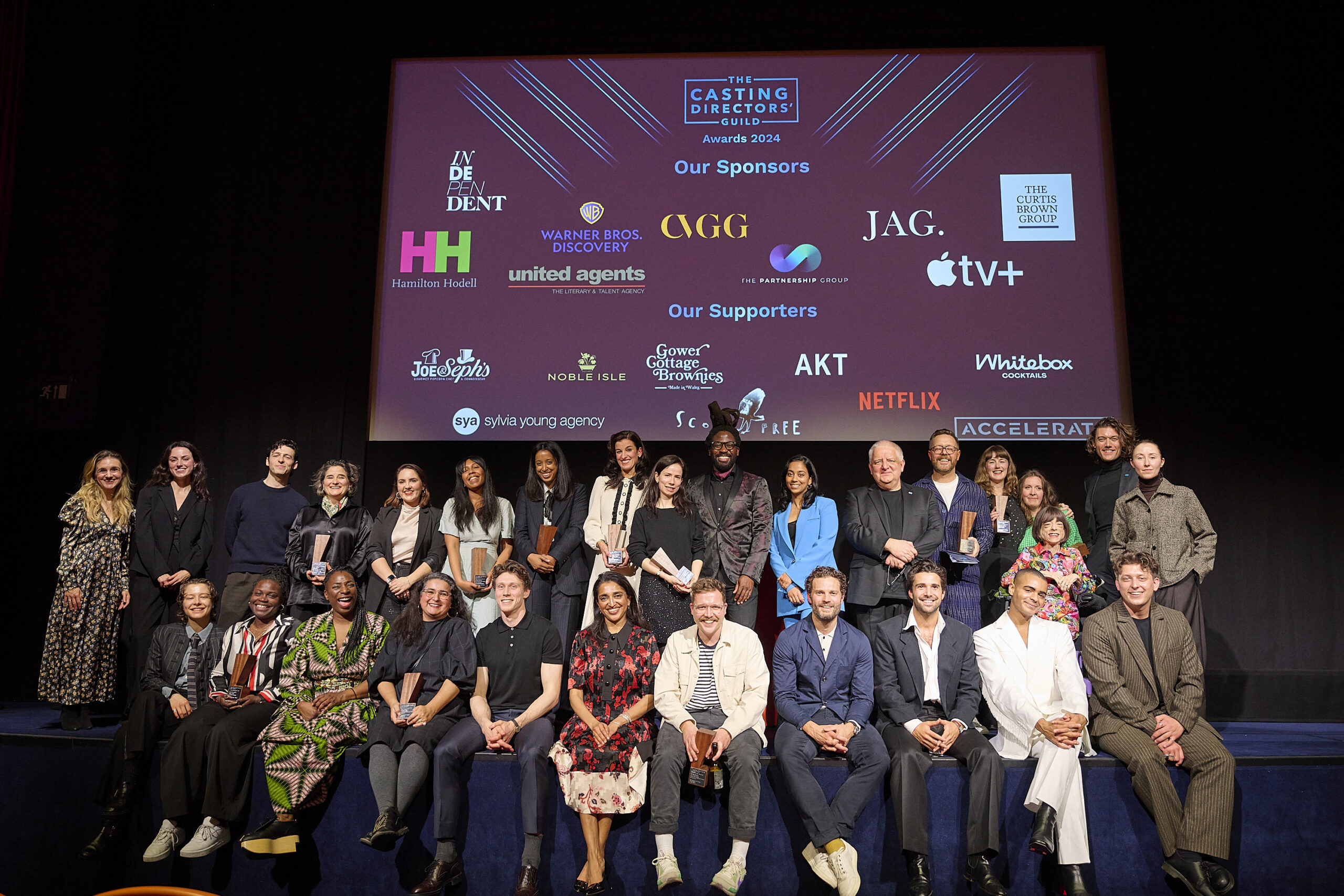Why did you become an actor? Was it the joy of your first standing ovation, and the prospect of feeling that joy on a nightly basis? Maybe it was the magic of your first moviegoing experience, then discovering that the people on screen were paid to do the amazing things you were now copying in the kitchen?
Though we may have entered the business through these wide-eyed memories, for the most part they rarely prepare us for the reality of building, and sustaining, a long-term career as a professional actor. Between finding flexible “resting” income, staying match-fit for moment’s notice auditions, and graciously accepting every no before the heavenly yes, for many of us the craft itself becomes the most reliable part of the business.
Keeping a long-game mindset in a career filled with uncertainty is no easy charge. That said, there are actions we can take to approach our careers as vocations rather than post-drama school sprints. The principles below are designed to get to the root of your professional goals, but to also consider how those goals will coexist with your life outside of acting. They’ll encourage you to understand your needs, and build a body of work you can reflect on with pride, wherever this wild and wonderful work takes you.
Know What Matters Most
If you could only have one credit for the next five years, what would it be? Do you want to ride horses and perform stunts as a historical character? Did the Toy Story bonus DVD kick you head over heels for voice animation? Are you a future writer/star of your own sitcom? Acting goals demand so much energy that it’s crucial to know your most meaningful ones, and to communicate them fully with your agent, manager, and team.
Use your next day off to visit a pretty café and write “What Matters Most” on a blank page, then let your pen run free. When you see the goal that excites you most for the next 3-6 months, make that the focus of the workshops you attend, auditions you look for, and people you network with. You can even start an accountability group with artists with the same passion for growth, and push each other as you pursue your aims.
Make room to congratulate each other for breakthroughs as well (of all sizes)!
Attend Your Elders
A ‘career elder’ is someone who has been as an actor, or working in an area of the industry, for longer than you, and they’ll have invaluable advice on what to focus more -and less- on, to make your mark.
Your career elder can give you advice on: calming first day nerves, being a parent and a performer, rebranding yourself, getting a U.S. visa, creating solo work, self-tape equipment, nailing an accent, to name but a few. You’re not looking to copy your elder, but fine tune your approach, and gain confidence in your process through hearing tried and tested steps.
In asking for advice, write the message you’d want to read if roles were reversed. Show that you’ve done your research, keep it short and sweet, and be grateful for their time. Don’t get too hung up if you don’t hear back immediately. You can send a nudge in a month’s time if you get no answer, but remember that between your future contacts and the ol’ wide web, you still have many wise minds at your disposal.
Use Your Talents Elsewhere
We each have to get creative about how we support ourselves when acting cannot. By finding a job, or creating a business, that flexes your artistic muscles on your own terms and prices, you can earn a steady income whatever the acting weather. You’ll need patience to find this work, making it the perfect place to practice your long-game attitude.
If you love being physical, look into personal training or fitness coaching, in-person or online when work takes you abroad. For film buffs, some work experience in production or distribution could give you a taste of suitable roles. You could use your craft and teach public-speaking through character work and improv. Other creative jobs include graphic design and photography, but you might have skills that are unrelated to acting but are in-demand (hello maths lovers!).
Although a side job is often found whilst waiting for an acting job, you don’t have to wait to begin laying your foundations. Before you invest any money into training, find someone doing the job already and ask them for as much information as they’re willing to give. You’ll also get a better sense of how you’ll fit that job around your acting work.
Build A Resource Bucket
No matter what year we’re in, an acting career has common elements for us all. There’ll be days quieter than a vacuum, and days we’ll wish we were cloned three-fold. There will be times where the only food source is a countryside petrol station, and times where you’ve got the distance from your trailer to the set to learn a new set of lines.
Your ‘Resource Bucket’ is your personal collection of tools, made up of things you’ve learnt through research and recommendations that make actor-life a smoother ride.
What’s in a resource bucket? Self-care activities across a range of prices, audition affirmations, puppy yoga (it’s a thing!), post-audition flat whites, meditation, journalling, constructive meetings with creative friends or a goal-setting community, inspiration YouTube videos, Pixar movies, counselling sessions, high-intensity boxing, the list goes on…
Think of your resource bucket as an extension of your CV. With every job you do, make a note of what supported you most through the experience, and in time you will develop a deep understanding of what you need to thrive.
In Conclusion…
If there’s one lesson to take from these principles, it’s to lay the bricks of your career with curiosity. Just as curiosity creates a multi-dimensional character, staying curious around your goals and possibilities, and whatever gaps you may need in-between, will support your definition of a long-term acting career.
The reality of the business is tough, but you still deserve the joy that led you down this path now that you’re on it. Take pride in your version of ‘being an actor,’ and really celebrate each achievement or breakthrough you make along the way.
Whether it’s on and off for 40 years, or with a 7-year break to start a family or jam business, as long as you’re working on your craft, or building the resources to do so, you are continuing on your unique journey as a working actor. A journey that your younger self hoped was possible, and your current -and future- self made real.
 Abiola Ogunbiyi is an actress and screenwriter, whose performance credits include Mamma Mia!, The Book of Mormon, Alone In Berlin, Girls (Theatre); Jamestown, The Interview (Television), and A Boy Called Christmas (Film). Her short film Sexellence won Best International Film at the Portland Comedy Film Festival (2018), and Best Comedy Short at the Grand Budapest Film Festival (2019). In addition to writing and acting, Abiola runs the platform To Be A Better Artist, facilitating workshops to support wellbeing amongst creative professionals.
Abiola Ogunbiyi is an actress and screenwriter, whose performance credits include Mamma Mia!, The Book of Mormon, Alone In Berlin, Girls (Theatre); Jamestown, The Interview (Television), and A Boy Called Christmas (Film). Her short film Sexellence won Best International Film at the Portland Comedy Film Festival (2018), and Best Comedy Short at the Grand Budapest Film Festival (2019). In addition to writing and acting, Abiola runs the platform To Be A Better Artist, facilitating workshops to support wellbeing amongst creative professionals.
Headshot by Crista Leonard.
Main Photo by Brooke Cagle on Unsplash












